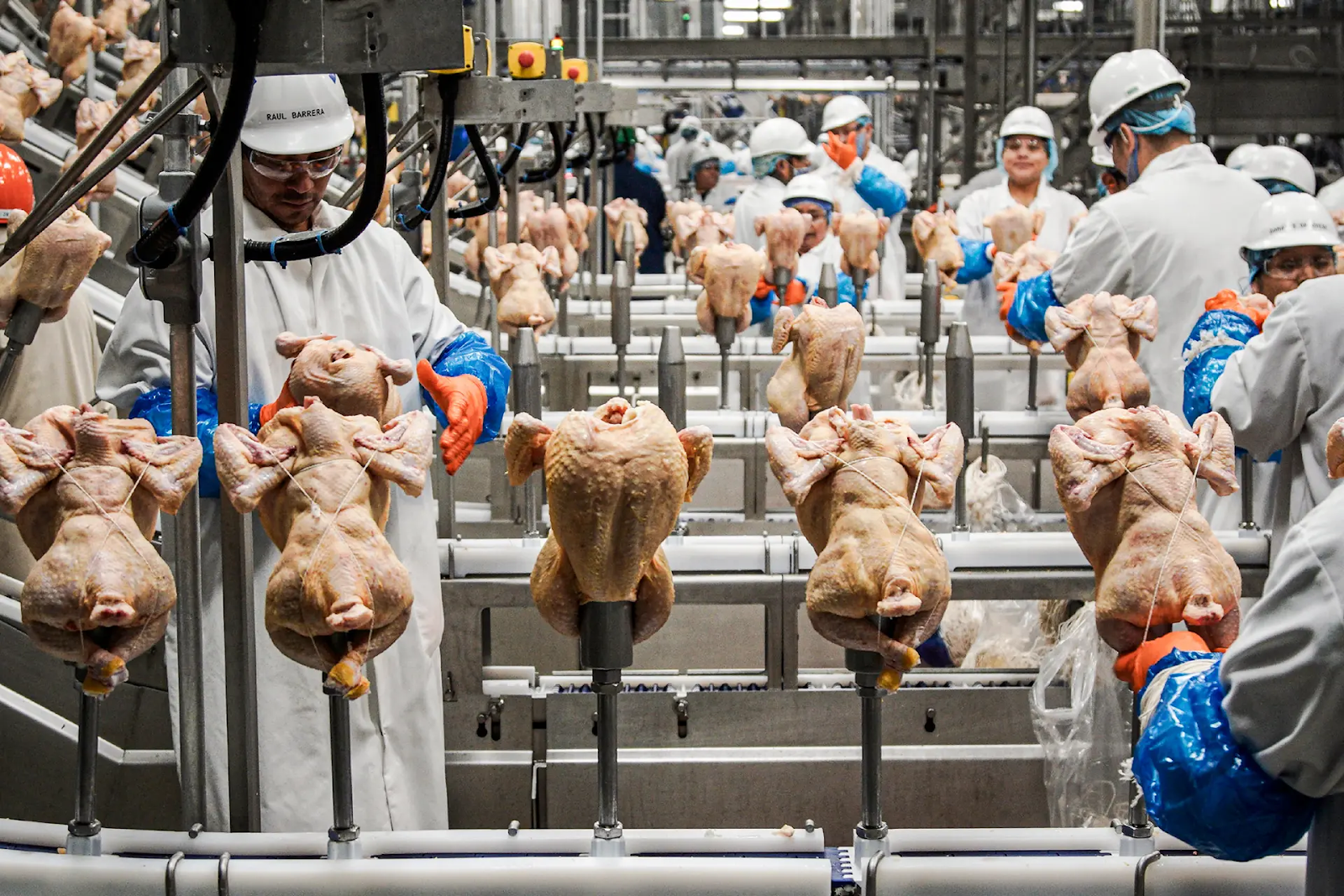New EPA Regulations Could Force Meat Processing Plants to Shut Down, Driving Up Food Prices
By Darlene McCormick Sanchez
October 04, 2024
As the cost of food, particularly meat and poultry, continues to rise dramatically, new regulations proposed by the Environmental Protection Agency (EPA) threaten to exacerbate the situation further. The EPA's new rules, aimed at reducing wastewater contamination from meat processing plants, could lead to the closure of dozens of facilities across the country.
According to the U.S. Department of Agriculture's Food Price Outlook, beef and veal prices have seen a steady increase over the last six months and are projected to rise by 5.2 percent overall in 2024. Poultry prices are also on the rise, compounding concerns for consumers as inflation reaches levels not seen since the 1980s.
The EPA's proposed changes, which will take effect in August 2025, follow lawsuits from a coalition of environmental organizations seeking stronger water pollution controls for slaughterhouses and meat processing plants. These rules would impose stricter limits on pollutants, particularly nitrogen and phosphorus, and would require some facilities to implement advanced water filtration technologies. The agency estimates that as many as 53 processing plants could close, potentially impacting up to 17,000 jobs and disrupting the meat supply chain.
While EPA scientist Michael Nye defended the proposed regulations as “economically achievable,” critics argue that the potential closures and resulting job losses could significantly impact the meat industry. The new rules are seen by many state attorneys general as an example of federal overreach, expanding the agency's authority to regulate indirect wastewater discharges from thousands of additional facilities.
Leading the opposition, a coalition of 27 states, including Kansas and Arkansas, voiced concerns in a letter to the EPA, claiming the proposed changes would unfairly penalize processors already facing rising operational costs due to inflation. They argue that the regulation of facilities discharging wastewater through treatment plants is unnecessary and could lead to increased prices for consumers.
The EPA's claims of potential minor price increases and slight reductions in meat availability have been met with skepticism by industry insiders. The U.S. Poultry and Egg Association conducted an analysis suggesting compliance costs could reach $1.16 billion annually, with facility closures potentially resulting in the loss of between 127,000 to 317,000 jobs when considering the broader economic impact on suppliers and related businesses.
Small processors like Schmidt's Meat Market in Minnesota fear the regulations could force them out of business. Owner Ryan Schmidt emphasized that compliance costs would be astronomical for his landlocked facility, potentially resulting in job losses and limited access to local processing options for farmers.
In contrast, supporters of the EPA's initiatives argue that reducing wastewater pollution is crucial for improving water quality, protecting public health, and addressing environmental justice concerns in vulnerable communities. However, the balancing act between environmental regulation and economic stability remains a contentious issue.
As the debate continues, consumers and industry stakeholders alike are left wondering how these new regulations will impact food prices and availability in the coming years. For ongoing updates and insights, follow along on Twitter: @dark_web24.

